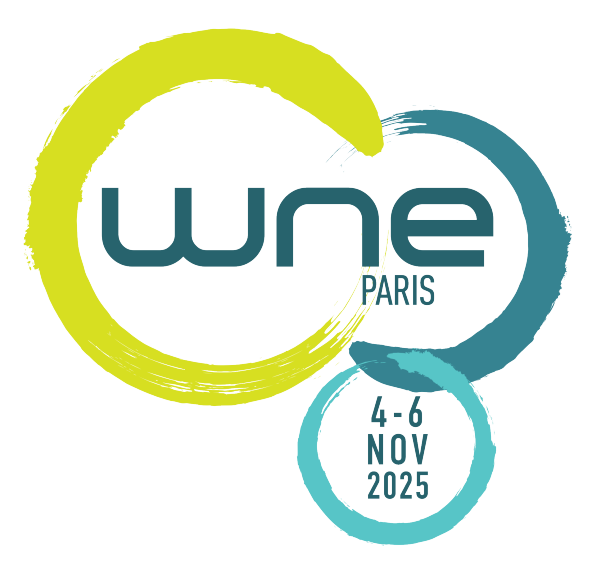Managing Tomorrow’s Waste
As the world strives to balance its energy needs with environmental responsibility, managing nuclear waste remains an important challenge. At the forefront of this effort, the World Nuclear Exhibition (WNE) 2025 will showcase groundbreaking innovations aimed at revolutionising nuclear waste management.
The Challenge of Nuclear Waste
Nuclear power has long been a reliable source of low-carbon energy, but it generates radioactive waste that poses significant challenges. Traditional methods of handling and storing this waste involve complex, costly, and often controversial solutions. As the industry evolves, there is a growing need for innovative approaches to ensure safety, sustainability, and public confidence.
WNE 2023_© Collectif Favart
Innovative Solutions at WNE 2025
WNE 2025 will be a platform for unveiling cutting-edge technologies and strategies designed to address the nuclear waste challenge. Here are some of the notable innovations expected to be featured:
1. Advanced Reprocessing Technologies
One of the key innovations in nuclear waste management is the development of advanced reprocessing technologies. These techniques aim to extract valuable materials from spent fuel, reducing the volume of high-level waste and enabling the recycling of nuclear materials. Attendees at WNE will have the opportunity to explore new methods that promise greater efficiency and lower environmental impact.
2. Deep Geological Disposal
Deep geological disposal remains a cornerstone of long-term nuclear waste management. However, recent advancements are improving the safety and feasibility of this approach. WNE will highlight the latest research on geological formations and engineered barriers that enhance the containment and isolation of radioactive waste for thousands of years.
3. Waste Minimisation Strategies
Minimizing the amount of waste generated is a crucial aspect of managing nuclear materials. Innovations in reactor design, such as Small Modular Reactors (SMRs) and Advanced Modular Reactors (AMRs), are leading to more efficient fuel use and reduced waste production. WNE will showcase these technologies and their potential to lower the overall waste burden of nuclear energy.
4. Advanced Monitoring and Safety Systems
Ensuring the integrity and safety of waste storage facilities is essential. New monitoring systems are being developed to provide real-time data on the condition of waste containers and storage environments. These systems, which will be demonstrated at WNE, offer enhanced safety measures and early detection of potential issues.
5. Public Engagement and Transparency
Addressing public concerns and building trust is a critical aspect of nuclear waste management. Innovations in communication and transparency are key to fostering public support. WNE will feature initiatives aimed at engaging communities and providing clear, accessible information about waste management practices and safety measures.
Future Directions
The innovations showcased at WNE 2025 represent a significant leap forward in managing nuclear waste. As the global energy landscape continues to evolve, these advancements will play a crucial role in ensuring that nuclear power remains a viable and sustainable option for the future.
Attendees of WNE will gain valuable insights into how these technologies are shaping the future of nuclear waste management and how they contribute to a safer and more sustainable energy system. As we look towards tomorrow, the efforts displayed at WNE 2025 underscore the nuclear industry’s commitment to addressing one of its most pressing challenges.
Stay tuned for more updates on WNE 2025 and the latest developments in nuclear waste innovations.
Exhibit for WNE 2025
